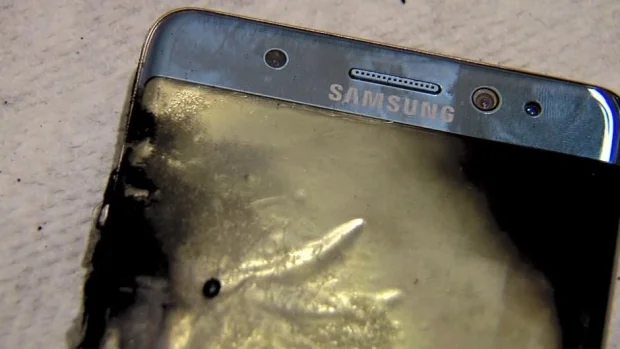From the American Association for Justice:
Congress is pushing legislation that will make lawsuits brought by injured patients, nursing home residents, and their families nearly impossible to pursue. The so-called "Protecting Access to Care Act of 2017" [H.R. 1215] will rig the system against individuals like you and tip the scales in favor of the health care and insurance industries. We need to send a strong message to Congress that they must protect patients and reject this bill.
What to Know about H.R. 1215
• Affects medical malpractice, nursing homes and assisted living facilities, and drug and device issues.
• Eliminates joint and several liability, caps attorneys' fees, limits periodic payment of future damages, and gives immunity to health care providers who prescribe or dispense prescription drugs by prohibiting them from even being named in product liability lawsuits.
• Directly preempts state law by capping noneconomic damages in lawsuits against health care providers to $250,000 in the aggregate, even in wrongful death cases involving multiple defendants. The cap purports to be flexible and not preempt states that have higher damage caps, but the cap would apply to states that have struck down damage caps, and states with an overall damage cap could also now have the $250,000 cap.
If you agree that it is unacceptable for Congress to eliminate your rights to hold the parties that harmed you or your loved ones accountable, we urge you to contact your Congressperson and Senators today. Tell your representatives to stand up for you and your family and vote NO on this offensive bill.
We urge you to call your representatives’ offices and send them a letter. Please visit www.takejusticeback.com/ProtectPatients to find contact information for your elected officials in Washington. You will also find a sample letter you can send to your Representative and Senators.
Please take action today! Your elected officials need to hear from you that you want to preserve your rights to access the civil justice system.
Linda A. Lipsen
CEO
American Association for Justice







